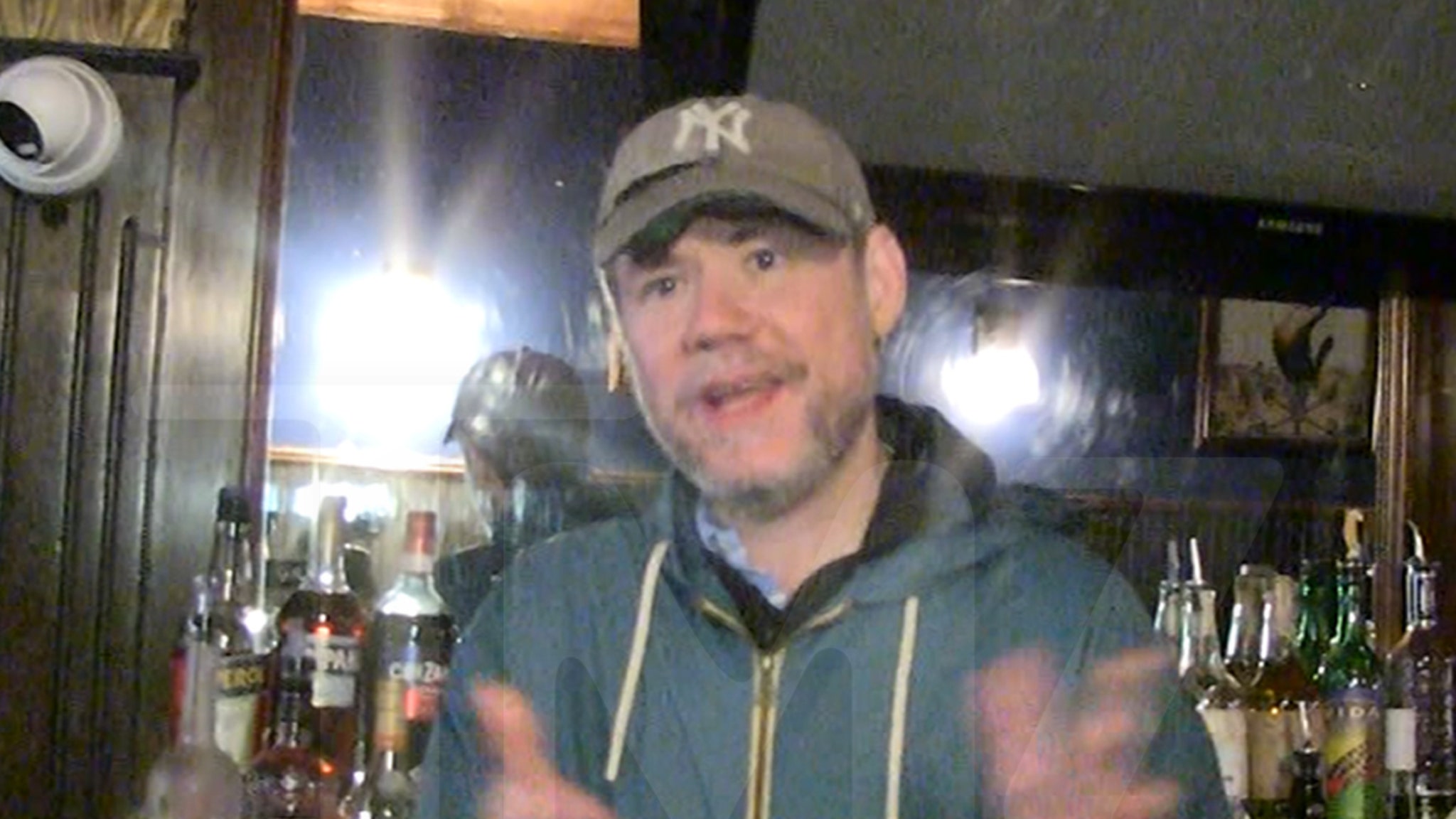Culture
Book Review: ‘Early Sobrieties,’ by Michael Deagler

EARLY SOBRIETIES, by Michael Deagler
Here’s a pitch for a novel, maybe one you’d like to read. It’s a tale of “utter shock and tragedy, a kneecapped bildungsroman: A bright-eyed young man from the suburbs goes down to Philadelphia and drinks himself into a series of increasingly dire circumstances until he is forced by a deficiency of skills and wits and second chances back to the Bucks County subdivision of his youth.”
This is how Dennis Monk, the wry and rueful narrator of Michael Deagler’s debut novel, “Early Sobrieties,” summarizes his life to date. It sounds like a decent story, suitably lurid, definitely marketable. Great literature about addiction — from Thomas De Quincey’s “Confessions of an English Opium-Eater” to Denis Johnson’s “Jesus’ Son” to Michael Clune’s “White Out” — tends to follow this structure, dwelling on all that came before, the frenzied episodes of descent and dissolution. Sobriety, if it comes at all, typically arrives at the end, fodder for an epilogue or acknowledgments section, a hard-won peace heralded by the achievement of publication itself.
But this is not the plot of “Early Sobrieties.” The novel begins instead in that Bucks County subdivision, where the 26-year-old Monk — everyone calls him Monk — is back living with his parents and younger brother, white-knuckling his way through Month 6 of a fragile sobriety. He didn’t find much sympathy waiting for him at home. “Like all Irish Catholic families, mine was suspicious of admitted alcoholics,” he says, in part because of the “implied accusation that the addicted party leveled at everybody else,” and in part because “an admission of alcoholism meant that a frank conversation was about to be had, and an Irish Catholic family abhors nothing so much as a frank conversation.”
Monk’s brother wastes no time in informing him that “sobriety was for little girls and Mormons.” Within the first 30 pages, his mother kicks him out of the house and he returns to Philadelphia, where he spends the rest of the novel drifting between old friends’ couches, piecing his life back together and trying very, very hard not to drink.
This is the problem Deagler poses: How to turn the act of staying sober — which has no arc, no urgent movement toward anything but its own continuation — into a narrative worth reading? Though temperance requires extraordinary discipline, it also consists mostly of “racking up days, like a prisoner etching x’s on a cell wall.” Which is to say that it can be very boring. “Survival,” Monk knows, “is inaction.”
Action seems to find him. In one bravura chapter, Monk becomes an unwilling chaperone on an ill-fated quest for meth; in another, he gets an apartment, only to discover that it shares a wall with an all-night sex club. (Philadelphia, for Monk, is an Irish American vision of hell, a world of “cheesesteaks the size of dachshunds” and drinking buddies with forbidding grins “as wide as the Walt Whitman Bridge.”)
At times, the book reads less like a novel than a series of disjointed episodes — several chapters were originally published as short stories — with new settings and characters. But somehow it works. The novel adds up to more than just a chronicle of near misses. Sobriety forces Monk into a position of “incongruity with the world,” an ideal place for a perceptive narrator, and it is his voice — witty, weary, unforgettable — that holds the story together.
Propelled by this voice, “Early Sobrieties” builds into a moving, comic meditation on the impossibility of imposing narrative structure on our lives — which, despite our best efforts, tend to be baggy things, marred by loose ends, tedious repetitions and harrowing codas. It’s enough to simply reach tomorrow. “Just give me one more day,” Monk says, and “Early Sobrieties” is such a wise and piercing book that we believe him.
EARLY SOBRIETIES | By Michael Deagler | Astra House | 257 pp. | $26





















